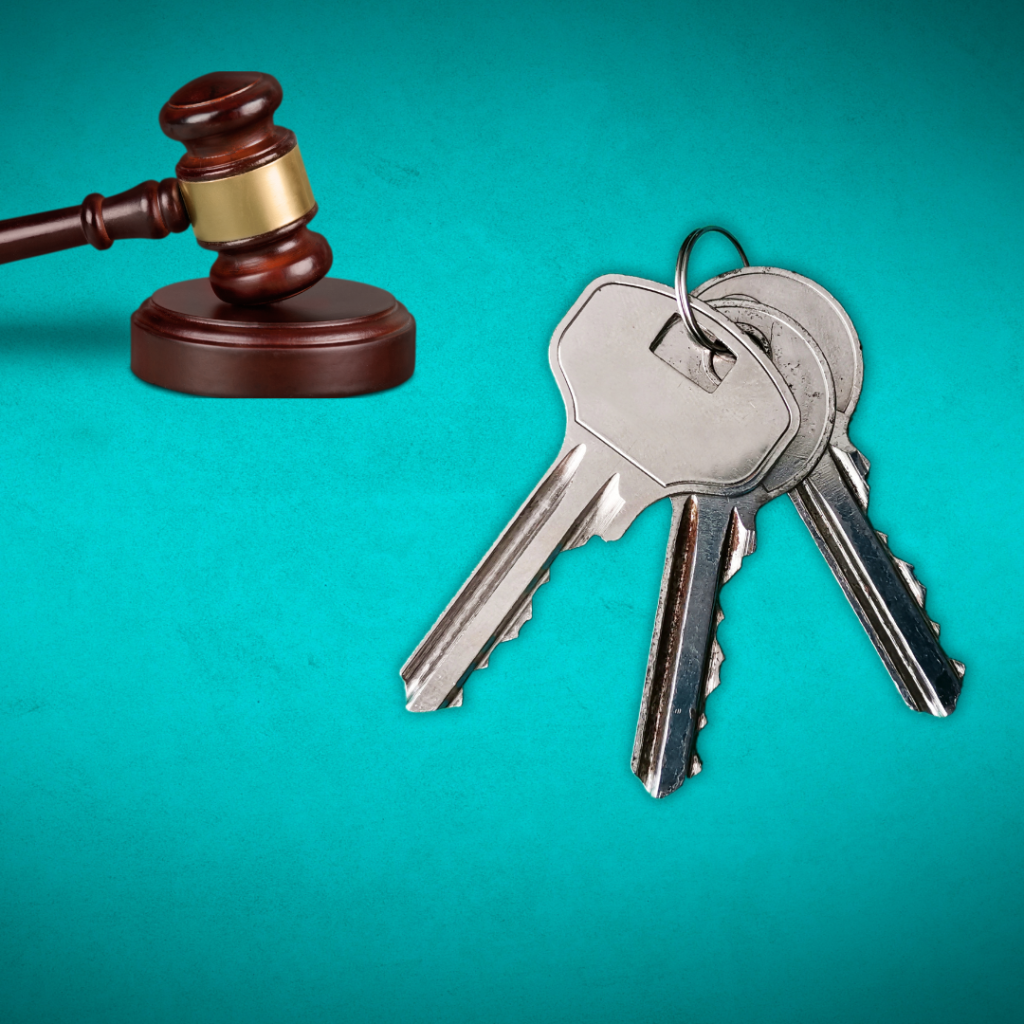A common question we hear from customers is, “Is copying keys illegal?” Whether it’s for a spare, a roommate, or a pet sitter, people want to know if they can duplicate their keys freely or if there are legal restrictions.
While we’ve previously explored “Is copying fobs illegal?”, today’s blog focuses on traditional keys and whether their duplication is allowed in Canada.
Is Copying Keys Legal in Canada?
Technically speaking, copying keys is not illegal. There are no laws in Canada that outright prohibit you from duplicating a key, even if it has a “Do Not Duplicate” stamp. These stamps are more of a guideline than an enforceable rule, primarily used by businesses or landlords to discourage unauthorized copying.
However, copying a key can be illegal if the key is under patented protection. Keys with patented designs, such as many high-security keys, require special authorization before duplication. In these cases, a locksmith must seek written permission from the key’s owner or authorized party before proceeding.
Additionally, duplicating a key could violate an agreement you’ve signed with a property manager or employer. For instance:
- Leases may restrict tenants from making extra keys without permission.
- Workplace policies might forbid employees from copying office keys.
In these cases, while duplicating a key isn’t illegal, it could breach a contract, leading to fines or other consequences.
Can You Get in Trouble for Copying a Key?
The short answer is yes—but only under specific circumstances. Copying a key without authorization could lead to problems if:
- The key has patented protection: Duplicating a patented key without authorization is illegal and could result in legal penalties.
- You violate a contract: For example, your lease might state that extra keys require landlord approval.
- Unauthorized access occurs: If a copied key is used improperly, you might be held accountable for any resulting issues.
It’s always a good idea to check any agreements or consult with your landlord or employer before copying a key.
What to Do if You Need a Spare Key
If you’re considering duplicating a key, here are some steps to follow:
- Check your agreements: Review lease terms or workplace policies to avoid breaches.
- Verify key restrictions: Look for patents or other protections that may require authorization for duplication.
- Visit a trusted professional: Ensure accuracy by using a reputable key-cutting service.
- Consider alternative solutions: If duplication isn’t allowed, consider a secure lockbox for sharing access. You can find easy tips to share a key in our article “Tips To Share a Key: High Security Keys Edition”
At MiniFob, we offer professional key duplication services with a focus on quality and security. Our services are available across the GTA, USA, and Australia, ensuring fast, reliable results.
Final Thoughts: Is Copying Keys Illegal?
So, is copying keys illegal? No, duplicating a key isn’t against the law in most cases, even if the key has a “Do Not Duplicate” stamp. However, it becomes illegal if the key has patented protection and you don’t have the required authorization. Always check your agreements, key type, and policies to avoid legal or contractual issues.
Need a spare key? Visit us at MiniFob, where we specialize in key, fob, and garage remote duplication to meet your access needs quickly and efficiently.



Recent Comments